Tomorrow I will have been in Poutasi for seven weeks. As I knew it would, life here gets easier every day. Although I still miss the privacy of having my own house, my host family is very kind and I like them. I’m gradually learning the names of people in the village and actually starting to remember some of them when I see them.
I’m still challenged with understanding the spoken language much of the time, but that will come with practice. People in the village tell me all the time how well I speak Samoan.
For those of you familiar with the Hawaiian language, you know how subtle the nuances are, especially in Polynesian languages where the words are mostly vowels. For example:
ia (ē’-ah) means “he, she or it,” “these” or adds an emphasis which means “this one and no other” (Ia a’u? Ia oe! = Do you mean me? Yes, you!) Spoken with a rising tone and a glottal stop at the end, it means “very well then” or “all right then.”
‘ia (note the inverted comma which indicates a glottal stop making the i (ē) a short sound) means “in order to” or “yes.”
‘iā (note the macron indicating the vowel sound is held longer) can mean “in, at, on, for” depending on the context. ‘Iā is also the command given at the start of a race like, “Ready, set, go!”
and i’a means “fish.”
It's hugely contextual as you can tell!
My job for the first few months here is to get to know the village. I’m creating a village map and writing a report called the Village Situational Analysis which will compile info about the village such as population statistics (I’ll be doing a house-to-house survey), environmental overview, economic and agricultural assessment, health and school issues, community resources, etc. Although I have already been told about some of the projects that they would like me to do, this analysis will help to focus on possible projects and activities and the resources necessary to accomplish them.
So I’m not busy all day long. Actually, if I accomplish one Peace Corps related project each day I’m satisfied at this point. It may be attending a village meeting or church service or just studying the language. I’m sometimes torn between wanting to get started and charge ahead with some of the projects, and yet knowing that it’s best to understand the village, the personalities, the resources, etc. before I can expect to be successful. It’s important that it not be “my project,” but the village’s project.
So I’m doing a lot of reading, which I never get tired of, and writing. I started working on a garden this week. I’m learning to have more patience, which has never been one of my strengths.
Subscribe to:
Post Comments (Atom)


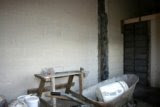

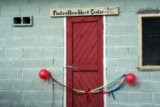
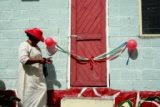
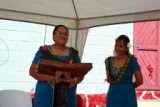
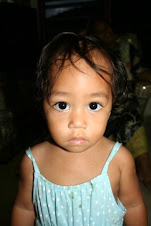

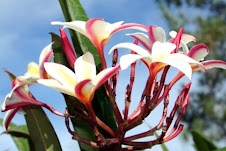


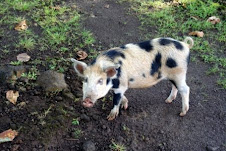

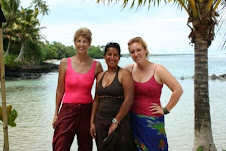

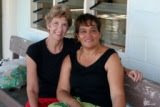

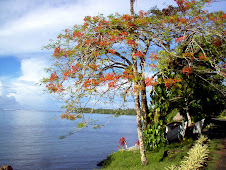
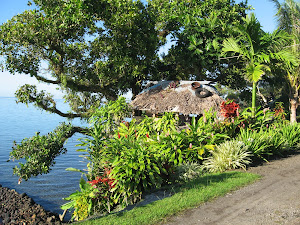
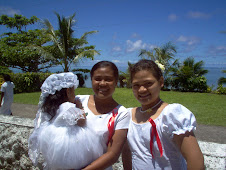
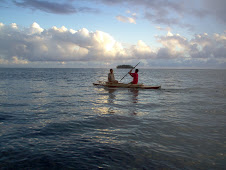

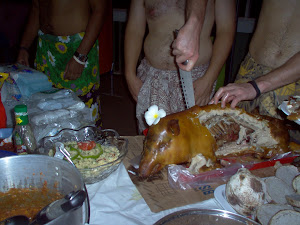
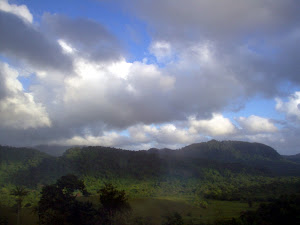
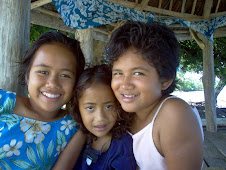.jpg)
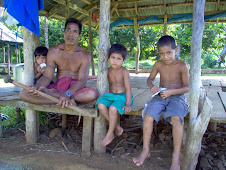



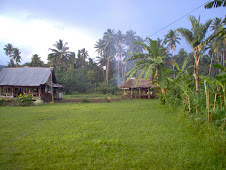


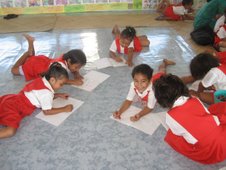

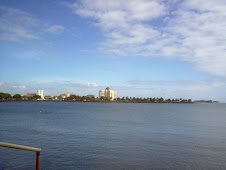

1 comment:
Thanks for the Samoan lesson.Great pictures of your new home. A fellow blogger.
Nick
Post a Comment